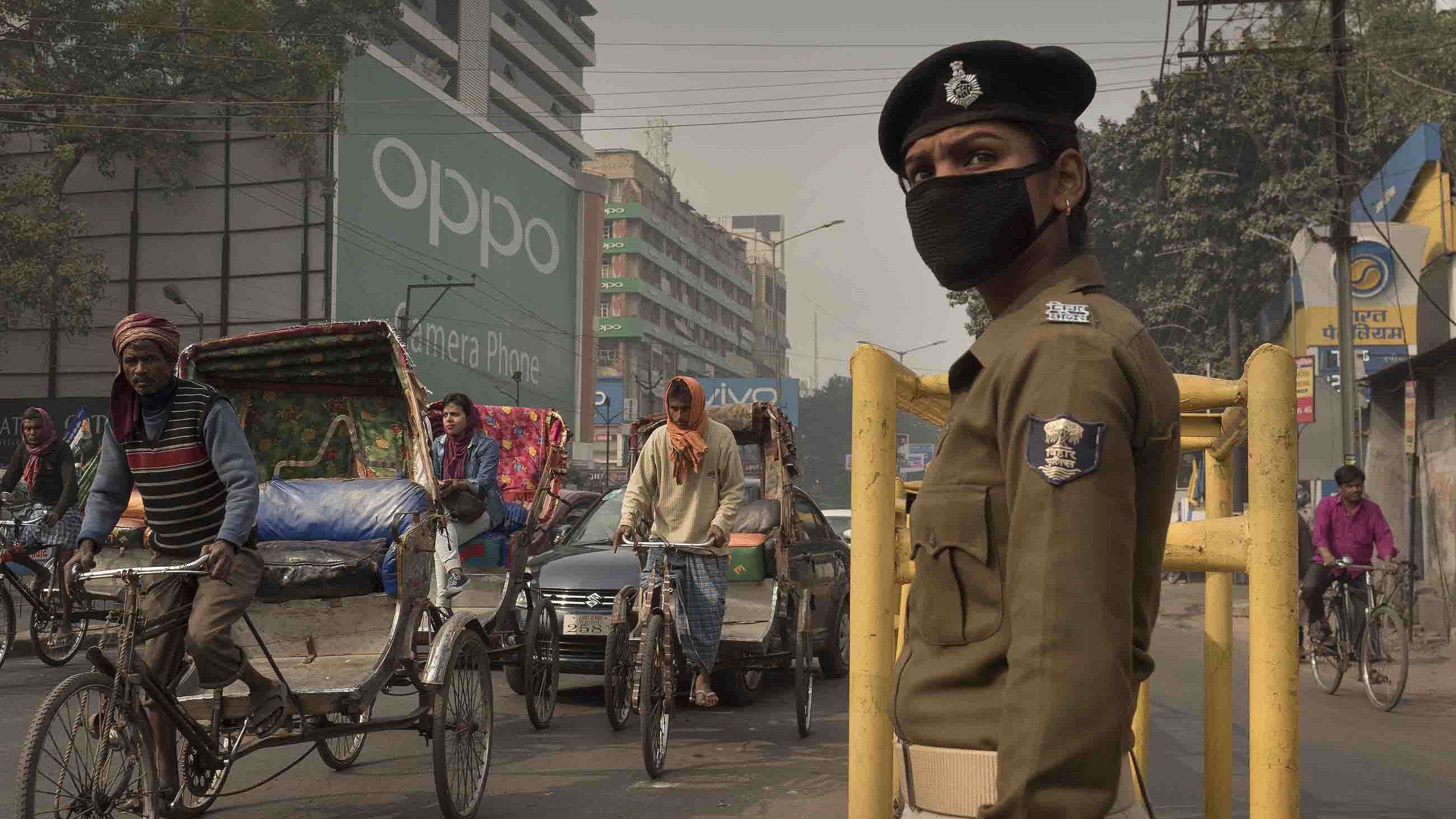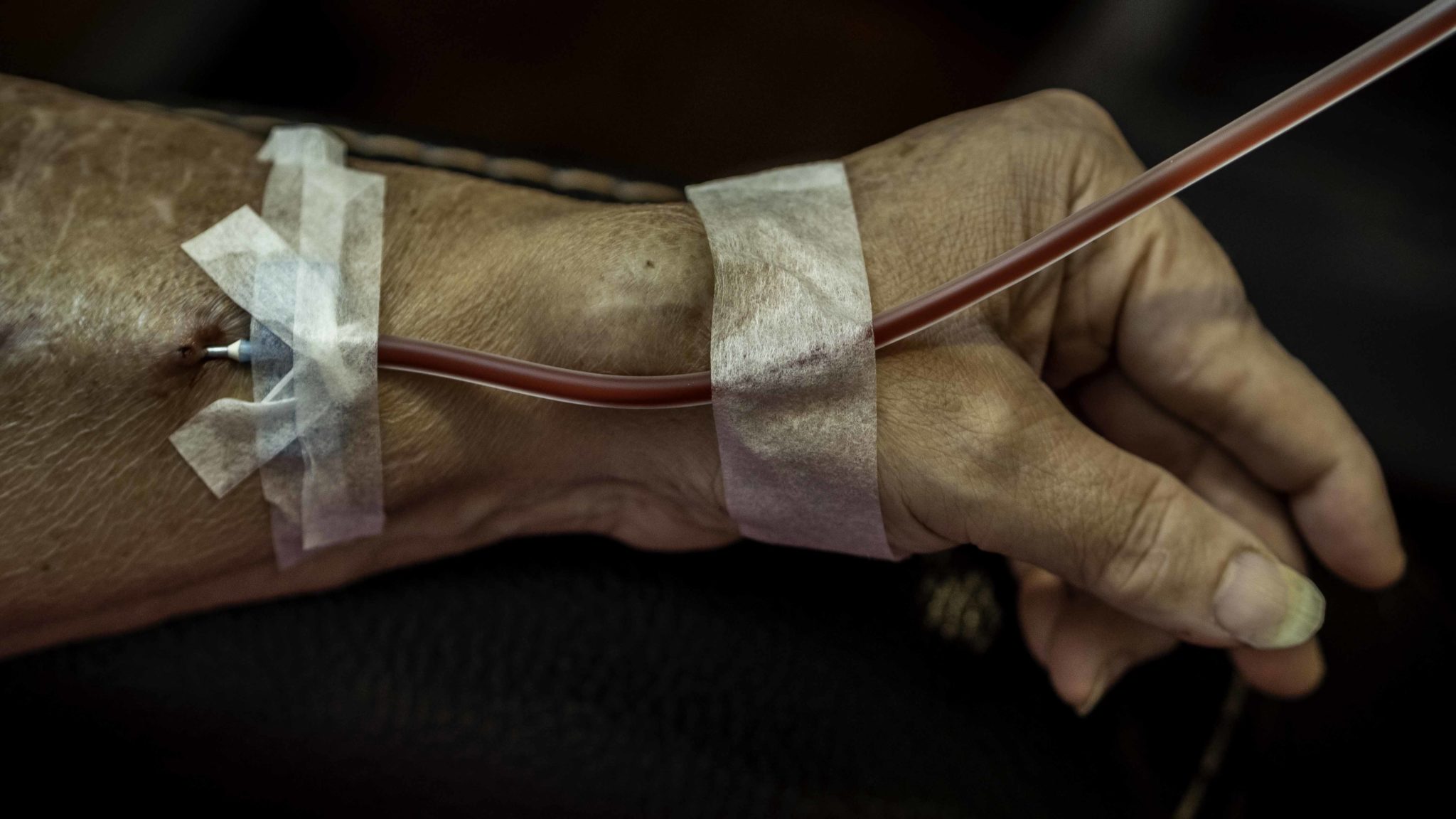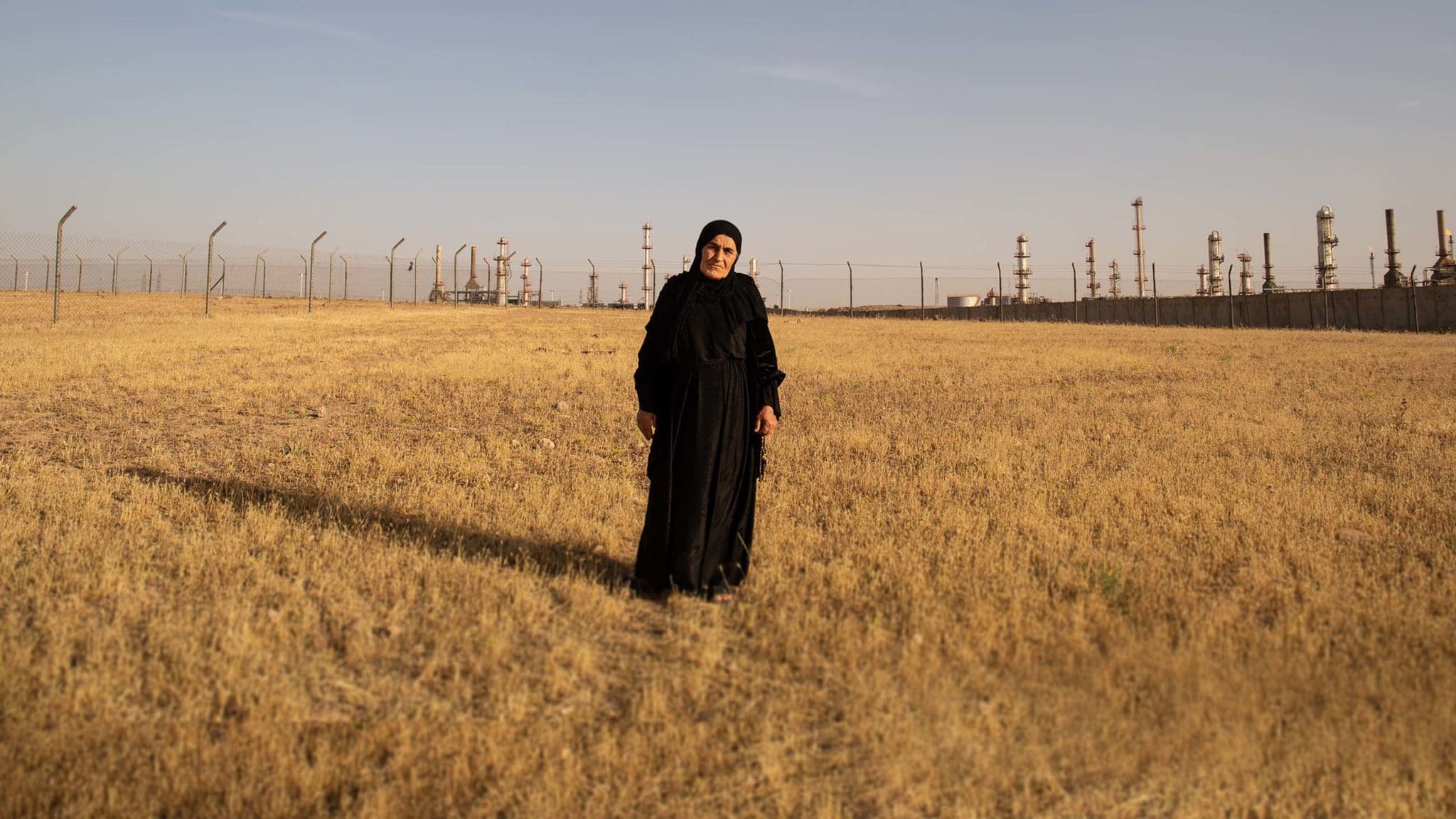Special Projects
Multipart series and in-depth investigations from Undark and its partners.
Long Division: The Persistence of Race Science

In 18th century Europe, forerunners of modern biology and anthropology popularized a new view of humankind — one that posited humanity could be meaningfully categorized into just a few groups, or races, largely demarcated by continental divides.
Although modern science has undermined historical notions of race, the idea of continental groupings as meaningful biological divisions continues to exert sway, both at the fringes and in the mainstream of scientific research. It has shaped approaches to medicine, genomics, education, and the study of human behavior. And it continues to fuel dangerous ideologies of racial supremacy. In the Long Division series, Undark probed the origins and influence of this notion of biological race and asked: Why does a debunked theory endure — and can its dubious impacts ever be truly overcome?
Breathtaking: Air Pollution and PM2.5

Traffic policewoman Sandhya Bhartj directs traffic in central Patna. Her cloth mask does little to protect her from the smallest particulate pollution.
In 2018, Undark and the Pulitzer Center on Crisis Reporting visited seven countries on five continents, rich and poor, north and south, to examine the impacts of this sort of air pollution on the lives of everyday people, and to uncover what’s being done — or not — to address this ambient and ultimately controllable killer. As it stands, developing nations bear the brunt of the problem, but particulate pollution doesn’t discriminate, and the odds are high that wherever you live, you’re breathing it in, too.
Profit & Loss: America on Dialysis

Jo Karabasz says she’s handled a lot in her 58 years of life, but when it comes to her dialysis, she needs things to go smoothly. “Just don’t fuss with me,” she said.
For the 37 million Americans navigating the corridors of kidney disease, issues of race, science, medicine, business, and innovation are familiar themes. But for the third of Americans at risk for renal disease — and for anyone who cares about how the nation’s health care dollars are spent — this five-part collaboration between Undark Magazine and Scientific American, published in 2020, pulls back the curtain and provides an unflinching look at what’s working, and what’s not.
Ecocide: Prosecuting Planetary Destruction

Kamila Rashid says an oil refinery now sits on what used to be her family’s land.
All photos by LYNZY BILLING for UNDARK
All photos by LYNZY BILLING for UNDARK
The effort to criminalize ecocide is an enormously significant story of our time. Over the course of 2021, Inside Climate News, Undark, and NBC News reported from around the globe on this next frontier of international law, examining environmental destruction from the perspective of ecocide and watching to see if new legal and moral restraints will help to slow the progress of the planetary catastrophes that loom ahead.

